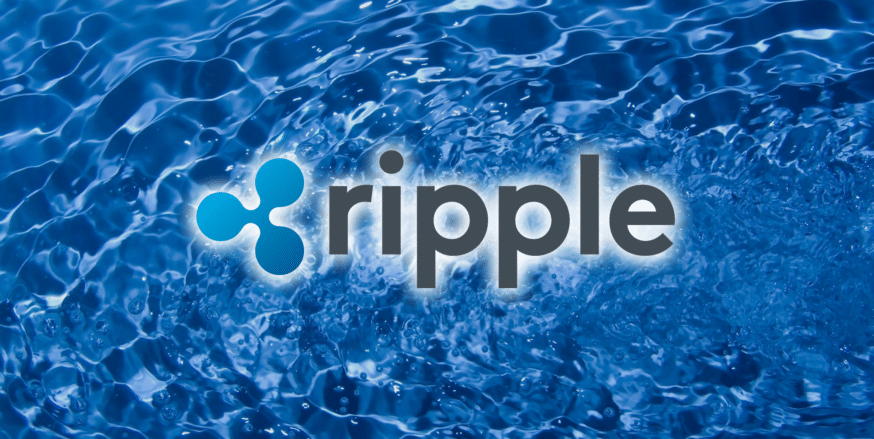TLDR
-
SEC’s waiver removes key disqualification, allowing Ripple to access private capital.
-
Ripple can now raise funds under Regulation D exemptions, boosting operations.
-
The waiver neutralizes a key restriction but doesn’t erase Ripple’s past violation.
-
The waiver brings legal clarity, reducing uncertainty for Ripple and XRP holders.
Marc Fagel, a former lawyer for the U.S. Securities and Exchange Commission (SEC), recently offered an interpretation of the SEC’s recent waiver for Ripple and XRP. The waiver holds important legal consequences for the court’s injunction, which followed the SEC’s enforcement action against Ripple. Fagel’s analysis sheds light on the operational changes for Ripple and how this development could influence the company’s future actions.
Fagel explained that although Ripple was found to have violated the law as it existed when the alleged misconduct occurred, changes in the law could render the injunction largely irrelevant. He emphasized that if the law is altered, Ripple’s future sales would no longer violate the injunction.
SEC’s Waiver and Its Immediate Effects
The SEC’s waiver has removed a critical barrier that prevented Ripple from relying on a key exemption under Regulation D. Regulation D allows companies to raise private capital from accredited investors without undergoing the full SEC registration process.
With this regulatory disqualification lifted, Ripple can once again pursue funding from private investors. This will open new doors for capital formation without facing previous restrictions tied to the court’s injunction.
2/ ..wouldn't violate the law (or, thus, the injunction). It wouldn't change the fact that Ripple was found to have violated the law as it existed at the time of its misconduct, but it would render the injunction largely moot. (Though yesterday's waiver arguably does the same.)
— Marc Fagel (@Marc_Fagel) August 9, 2025
This regulatory relief is significant as it allows Ripple to operate more freely in the private capital market. Ripple can now raise funds without being subject to the burdensome registration requirements that were previously imposed. This move also provides the company with a more flexible route for financial growth, especially at a time when Ripple is working to expand its product offerings and increase its presence in international markets.
Ripple’s Operational Opportunities Post-Waiver
Although the SEC’s waiver does not undo the court’s ruling that Ripple violated securities laws in its past institutional XRP sales, it has practical effects on Ripple’s day-to-day operations. The waiver restores Ripple’s ability to raise funds through private offerings, a crucial tool for expanding its business, developing new products, and making strategic acquisitions.
Access to private capital is essential for Ripple as it works to expand both its product suite and global reach. The ability to raise funds without the full regulatory hurdles previously required will allow Ripple to move forward with its growth strategy. This includes potentially scaling up its use of XRP in different markets. This operational flexibility could expedite Ripple’s plans, accelerating product development and geographic expansion.
Legal Clarity for Ripple and XRP Moving Forward
Fagel’s interpretation of the SEC’s waiver also brings much-needed legal clarity for Ripple and its community. While the court’s injunction remains in place, it is now less impactful due to the regulatory relief. Ripple is no longer constrained by the same operational restrictions, allowing the company to engage in business activities that were previously limited.
The SEC’s decision to grant this waiver signifies a shift in the regulatory environment, particularly with the current administration’s more pro-crypto stance. This action signals a move toward more favorable conditions for Ripple, its investors, and the broader crypto community, marking the end of a long-standing legal battle.
For XRP holders and market participants, this waiver reduces the legal uncertainty surrounding Ripple’s future activities. The company is now able to engage in certain financial activities that were previously off-limits. Ripple’s operations are expected to progress with less interference, offering a clearer path forward for its global ambitions.
The SEC’s recent waiver brings significant relief to Ripple by removing regulatory disqualifications and enabling access to private capital. This development is expected to improve Ripple’s operational flexibility. This will contribute to the company’s future growth and reduce legal uncertainty for XRP holders.







